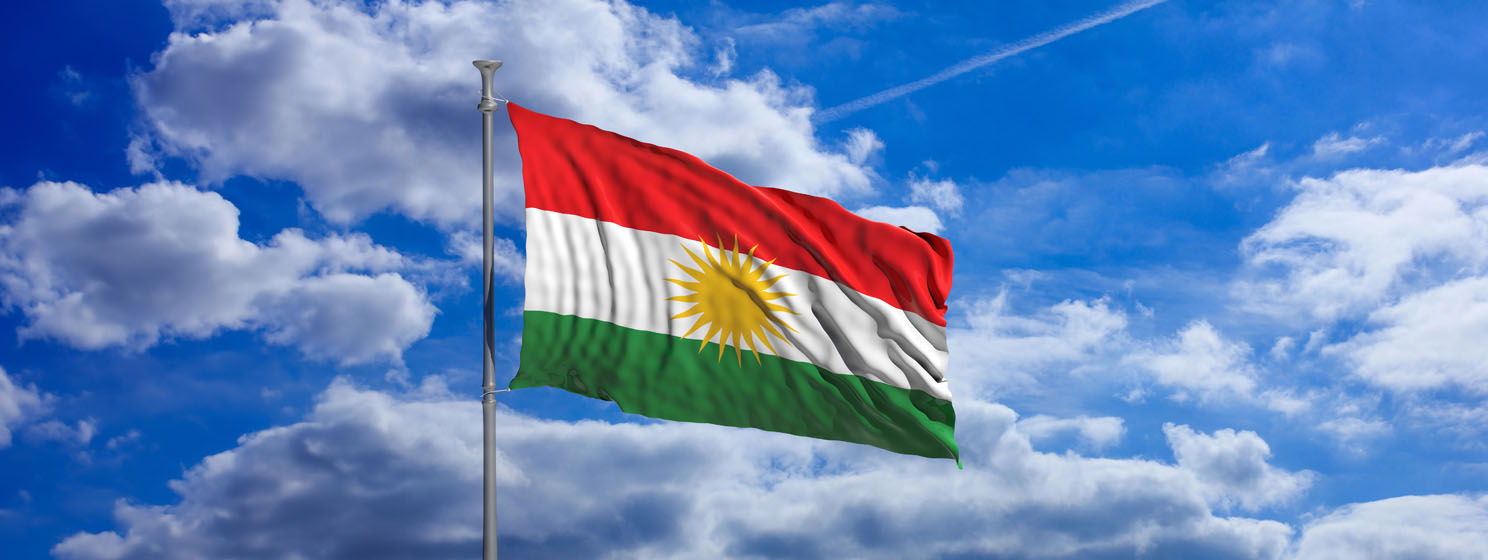|
Getting your Trinity Audio player ready...
|
The Kurdistan Regional Government (KRG) has made significant strides in its quest to embrace digitization, with digital IDs being seen as the lowest-hanging fruit in the campaign.
According to a report, the KRG has issued over 2 million digital IDs in the semi-autonomous Kurdistan region of Northern Iraq. The KRG’s Department of Information Technology is leading the region’s digital ID adoption efforts, rolling out several initiatives to improve metrics.
The Department of Information Technology has launched 26 centers in the Kurdistan region for residents to apply and receive digital IDs. Several local news outlets reveal that the application process for digital IDs is less than five minutes, requiring the capture of key biometric data.
After processing, applicants will receive a 13-digit Unique Personal Number designed to operate as an identifier for residents. Apart from the ease of registration, Kurdistan’s digital ID metrics are rising on the back of novel use cases for residents revolving around Hajj applications and online passport renewals.
Experts are bracing for a spike in Kurdistan’s digital ID adoption metrics in the near term. Underneath the projected growth is the release of the beta version of the KRD Pass mobile app, designed to simplify access to public sector services.
Ahead of a mainstream integration with the regional digital ID system, the KRD Pass racked up over 85,000 users in the first five days after launch. Upon signing, residents can lean on the mobile app to check government salaries, pay electricity bills, and receive notifications for incoming digitization features.
The report revealed plans by the government to integrate a digital wallet functionality for users to support the storage of official documents. Several experts are tipping the KRD Pass to onboard up to one million users, given the pace of adoption as the KRG doubles down on digitization.
Iraq embraces next-gen technologies to boost local economy
While Kurdistan has shown a keen desire to adopt emerging technologies in key sectors of the economy, the rest of Iraq is toeing the same line. The country signaled an intention to roll out a central bank digital currency (CBDC) for financial inclusion, joining the rest of its regional peers early in the year.
Furthermore, the country has announced ambitious plans for two new colleges to deepen the local talent pool for artificial intelligence (AI). To become the regional hub, Iraq and the KRG must catch up to the United Arab Emirates (UAE), Qatar, and Saudi Arabia, countries with thriving digital ecosystems.
Infosys and Telstra ink deal for AI-backed digitization in Australia
India-based multinational IT company Infosys has signed a collaborative deal with Australia-based telecommunications giant Telstra to improve AI metrics.
Infosys and Telstra will float a joint venture in Australia to advance AI functionalities for local enterprises. Per the arrangement, Infosys will scoop up 75% of shares in Versent Group, a subsidiary of Telstra Group, effectively launching the joint venture.Under the arrangement, Telstra will maintain its 25% minority stake in Versent while Infosys will introduce its suite of AI solutions into the venture. Executives disclose that the deal will see Infosys Topaz, an enterprise-ready AI platform, introduced into Versent Group.
Meanwhile, Telstra’s advanced connectivity over the Australian market is tipped to give the joint venture an edge in achieving its objectives. Furthermore, parties reveal that Versent’s local digital engineering will play an integral role for the joint venture, stringing Infosys and Telstra’s functionality into a formidable operation.
“We are excited to bring Infosys Topaz to enable transformative AI-first capabilities to complement Versent Group’s cloud-first digital foundation,” said Infosys CEO Salil Parekh.
Going forward, Versent Group’s cloud business and clientele will receive AI functionalities. However, the new joint venture focuses on the Australian market, targeting enterprises and government corporations keen on embracing digitization.
“By combining the strengths of our three businesses, we’re creating a unique proposition that will help Australian enterprises grow and innovate in today’s fast-moving, AI-driven digital landscape,” said Telstra executive Oliver Camplin-Warner.
Despite the potential for improvements to the local AI ecosystem, the joint venture has to achieve regulatory compliance before the start of operations. Pundits are tipping the transaction to be completed in the second half of 2026 following full regulatory approval.
AI gains ground in Australia
Amid the impending joint venture between Infosys and Telstra, AI and other emerging technologies have recorded significant milestones in Australia. Regarding regulatory direction, Australia is hurtling toward the launch of strict guardrails, famously rolling out a public consultation on the potential ban of “high-risk” AI tools.
Furthermore, Australian authorities are eyeing potential bilateral agreements with China and India for AI regulatory approaches. The APAC nation has opened its doors to Big Tech firms, with Microsoft (NASDAQ: MSFT) pledging a $3.2 billion investment for data centers and talent building.
Currently, AI utility in Australia encompasses healthcare, environmental conservation, finance, manufacturing, and defense. However, the country is aware of the inherent risks stemming from the broad integration of AI into key sectors of the economy.
In order for artificial intelligence (AI) to work right within the law and thrive in the face of growing challenges, it needs to integrate an enterprise blockchain system that ensures data input quality and ownership—allowing it to keep data safe while also guaranteeing the immutability of data. Check out CoinGeek’s coverage on this emerging tech to learn more why Enterprise blockchain will be the backbone of AI.
Watch: Digital identity is a core part of Web3—here’s why
Recommended for you
British lawmakers of the parliamentary national security committee have called for a temporary ban on political parties receiving donations in
Circle (NASDAQ: CRCL) soared in 2025 thanks to U.S. ‘regulatory clarity,’ but can this momentum survive a ban on crypto

 02-26-2026
02-26-2026 




